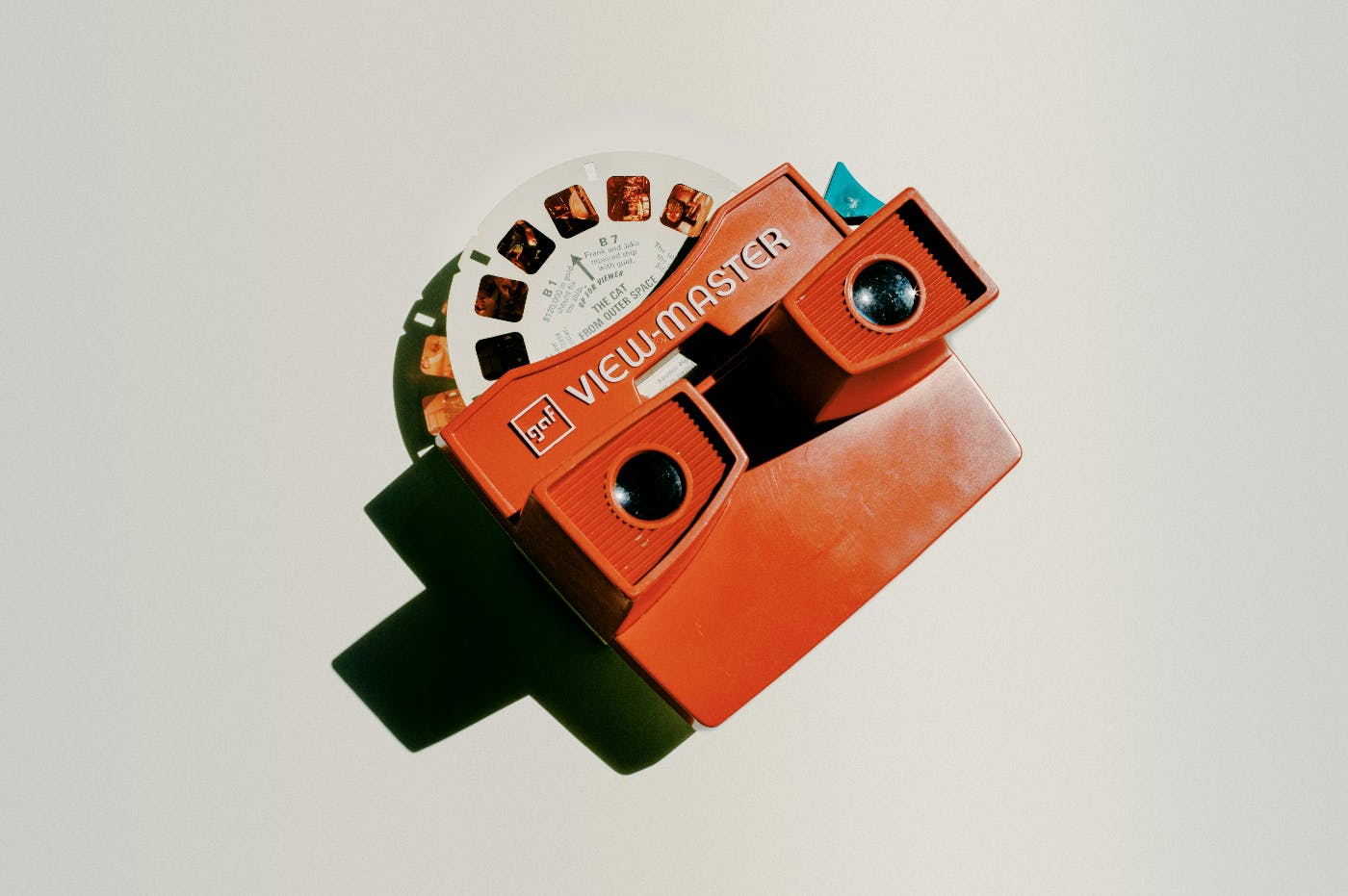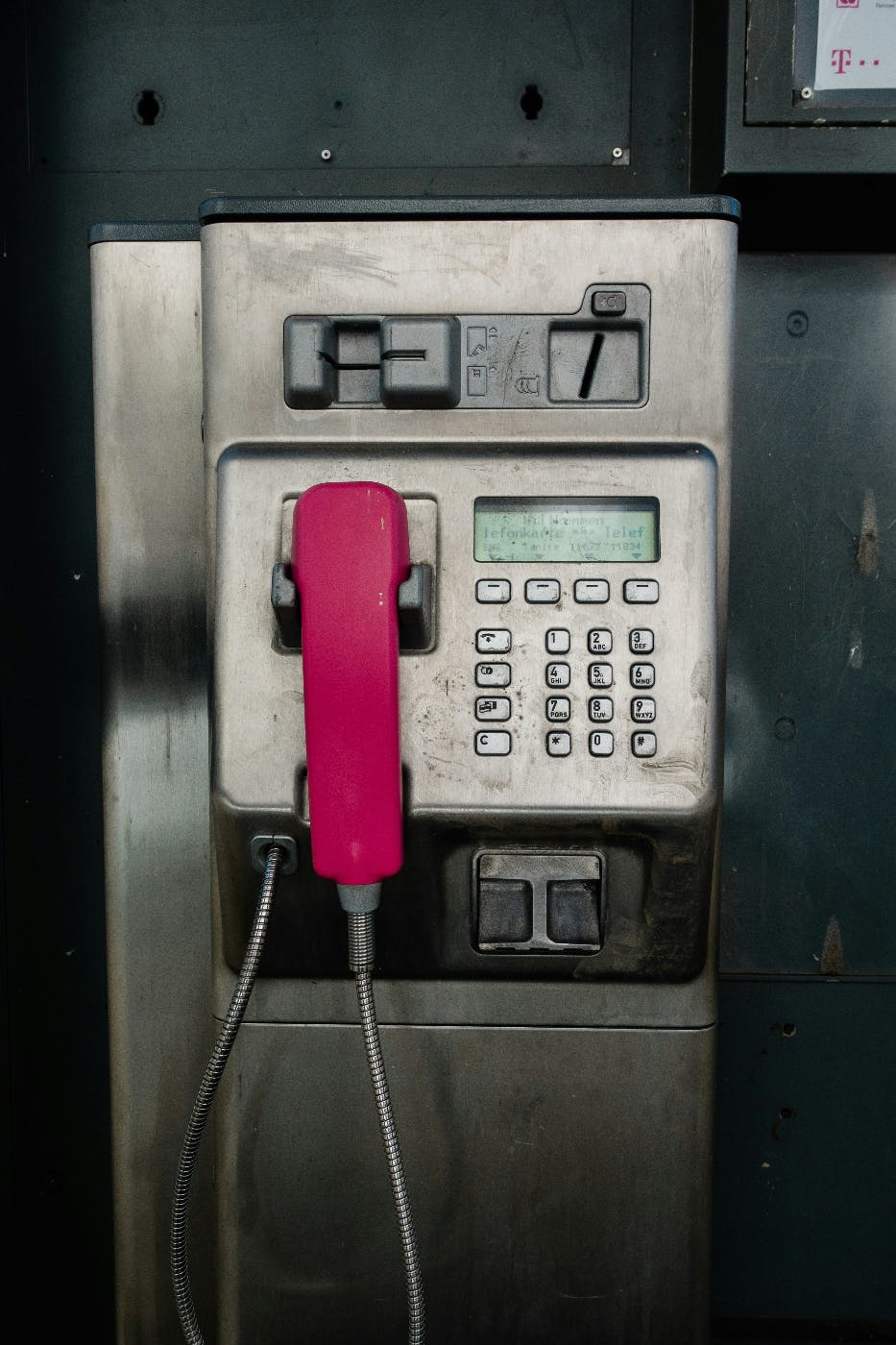
Nostalgia, that wistful longing for the past, isn't just a sentimental journey down memory lane—it's a powerful tool in the marketer's arsenal.
Goodness, it has been an emotional few days. Nothing major has happened; I’ve been sick, which always makes me feel like the end of the world is coming. To soothe my mind, I have been sitting in front of streaming TV and watching some great documentaries. I saw an excellent piece on A&M Records, a tough one called Surviving The Police, where Andy Summers talks about the wild ride of the band The Police, and a lovely piece about Chaplin and his work. It was all great, but it left me feeling nostalgic.
I thought of where I was when I first heard The Police, what I was doing when specific albums came out with the A&M label, and how I felt the first time I saw The Little Tramp. It all seemed better and easier. I recall the days being more fun and exciting. And, most of all, I felt part of things, like I belonged, and what was going on around me mattered, and I mattered.
None of that is true, of course. At the time all that stuff happened, I was a kid dealing with kid things, and I had nothing really to worry about. But that’s nostalgia, reading glasses for life. Things are simpler, easier, and better to look at through the lens of nostalgia.
As I sipped chicken broth and groaned to no one, I thought I had better write something. Otherwise, the only nostalgia I would feel was the nostalgia for a paycheck I used to get.
It hit me that, of course, I wasn’t alone in this feeling. Hell, there is a coffee shop in Salt Lake City called Nostalgia. The feeling has a name for a reason. And the feeling has power.
Nostalgia
Nostalgia, that wistful longing for the past, isn't just a sentimental journey down memory lane—it's a powerful tool in the marketer's arsenal. In today's consumer-driven world, where brands vie for attention amidst a sea of competition, tapping into nostalgia has become more than just a strategy; it's a pathway to consumer engagement, loyalty, and, ultimately, sales. But what exactly makes nostalgia such a potent force in the marketplace?
At its core, nostalgia is a universal emotion that transcends cultures and generations. It's a bittersweet blend of longing and pleasure, triggered by memories of cherished moments, cultural icons, or even simpler times. Psychologically, nostalgia reinforces a sense of continuity and identity, connecting our past experiences with our present selves. This emotional resonance is what marketers harness to create compelling narratives that resonate deeply with their target audience.

The Science Behind Nostalgia
Research in psychology suggests that nostalgia serves several vital functions. It helps individuals cope with adversity by providing a psychological anchor to a more optimistic time. Nostalgic reminiscence can enhance mood, boost self-esteem, and foster a sense of belonging. Moreover, experiencing nostalgia can make people more willing to spend money and engage with brands that evoke these comforting memories.
Nostalgia in Marketing: Why It Works
In marketing, nostalgia functions as a powerful persuasion tool. Brands leverage nostalgia to forge emotional connections with consumers, capitalizing on shared cultural touchstones or iconic references from the past. Whether it's a retro-themed product launch, a revival of a classic ad campaign, or a reimagined version of a beloved product, nostalgia taps into consumers' emotions, prompting them to reminisce and engage with the brand on a deeper level.
Case Studies: Successful Applications of Nostalgia
1. Coca-Cola's Timeless Appeal
Few brands embody the enduring power of nostalgia quite like Coca-Cola. From its iconic Santa Claus advertisements to its classic glass bottles, Coca-Cola has mastered the art of weaving nostalgia into its brand narrative. By evoking feelings of warmth, togetherness, and tradition, Coca-Cola not only sells a beverage but also sells a sentiment—a reminder of simpler times and shared moments.
2. Nintendo: Leveling Up with Nostalgia
For gamers, Nintendo is synonymous with nostalgia. The company's ability to revive classic game franchises like Mario, Zelda, and Pokémon has endeared it to both longtime fans and a new generation of players. By tapping into gamers' fond memories of childhood adventures and hours spent with friends, Nintendo not only boosts sales but also reinforces its status as a cultural icon.
The Ethical Dilemma: Balancing Authenticity and Exploitation
While nostalgia can be a potent marketing tool, its use isn't without ethical considerations. Brands must tread carefully to avoid exploiting consumers' emotions or diluting the authenticity of nostalgic elements. Authenticity is key; consumers can sense when nostalgia is genuine versus when it's contrived for commercial gain. Successful brands navigate this fine line by staying true to their heritage and values while adapting nostalgic themes in ways that resonate authentically with their audience.

Future Trends: Nostalgia in a Changing Landscape
Looking ahead, nostalgia shows no signs of losing its appeal. As technology evolves and cultural landscapes shift, new opportunities emerge for brands to reinterpret nostalgia in innovative ways. Virtual reality (VR) experiences that recreate iconic moments from the past, AI-driven personalization that tailors nostalgic content to individual preferences, and collaborations that revive beloved brands are just a few examples of how nostalgia will continue to shape consumer experiences in the digital age.
The Enduring Allure of Nostalgia
Nostalgia is more than just a trip down memory lane; it's a strategic business asset that enhances brand storytelling, fosters consumer loyalty, and drives sales. By tapping into shared cultural memories and emotional connections, brands can create meaningful experiences that resonate deeply with their audience.
However, as with any powerful tool, the responsible use of nostalgia requires a delicate balance between authenticity and commercial intent. Ultimately, unlocking nostalgia's emotional vault requires a nuanced understanding of consumer psychology and a commitment to crafting narratives that evoke genuine, heartfelt connections.
Summing Up
In the dynamic marketing landscape, where attention spans are fleeting and consumer loyalty is hard-won, nostalgia stands as a beacon of timeless appeal. It transcends mere sentimentality to become a strategic imperative for brands seeking to forge lasting connections with their audience.
By harnessing the evocative power of shared memories and cultural touchstones, brands sell products and curate experiences that resonate deeply on an emotional level. However, navigating the ethical complexities of nostalgia requires a delicate balance, where authenticity and sincerity must underpin every nostalgic narrative.
As we venture into an increasingly digital and interconnected world, the allure of nostalgia remains steadfast. This offers brands a profound opportunity to weave stories that endure in the hearts and minds of consumers, generation after generation.

